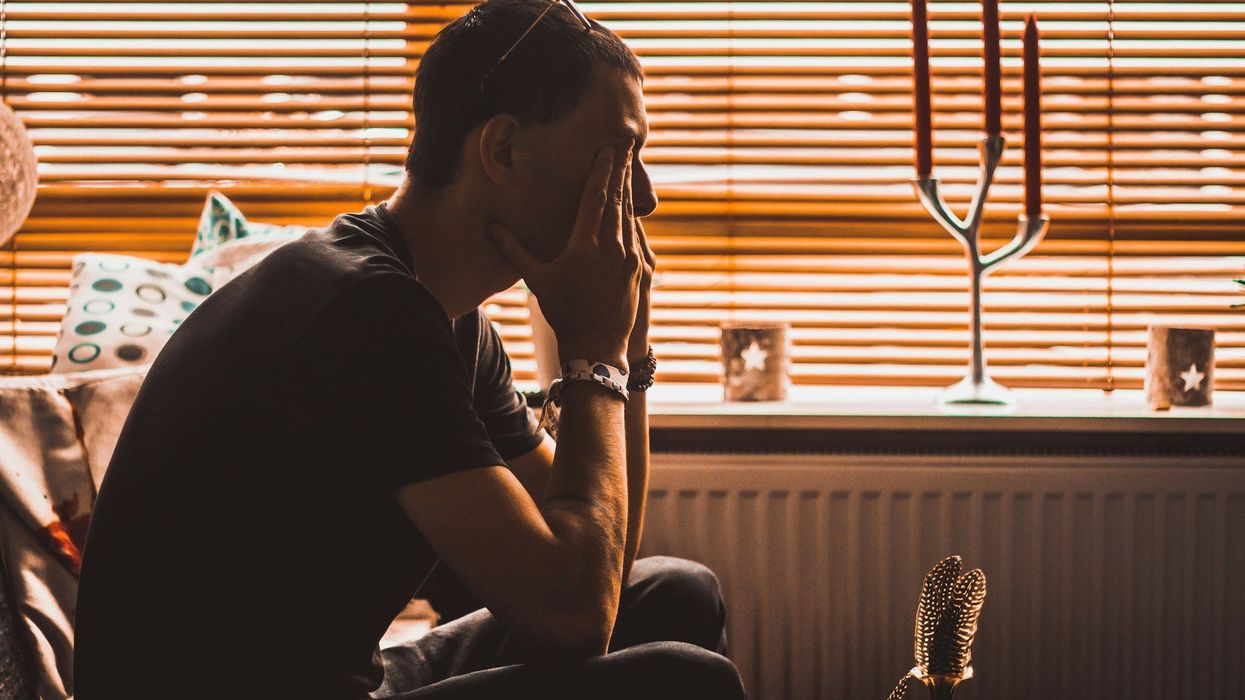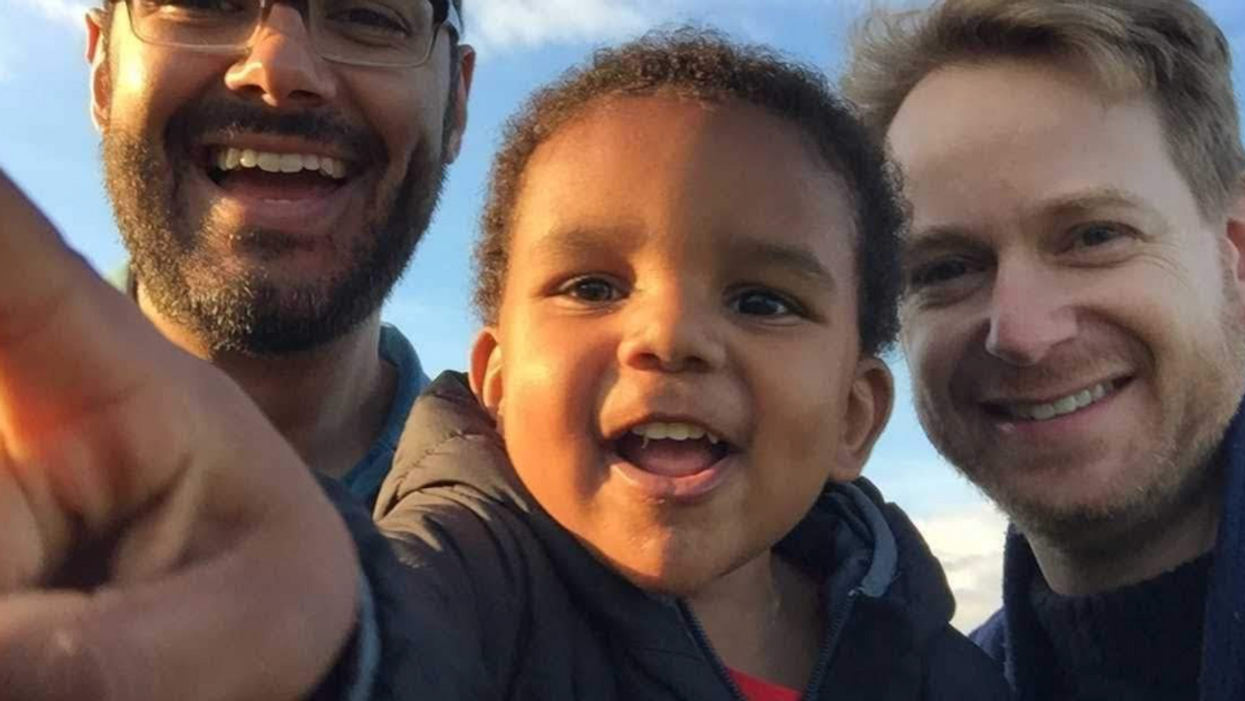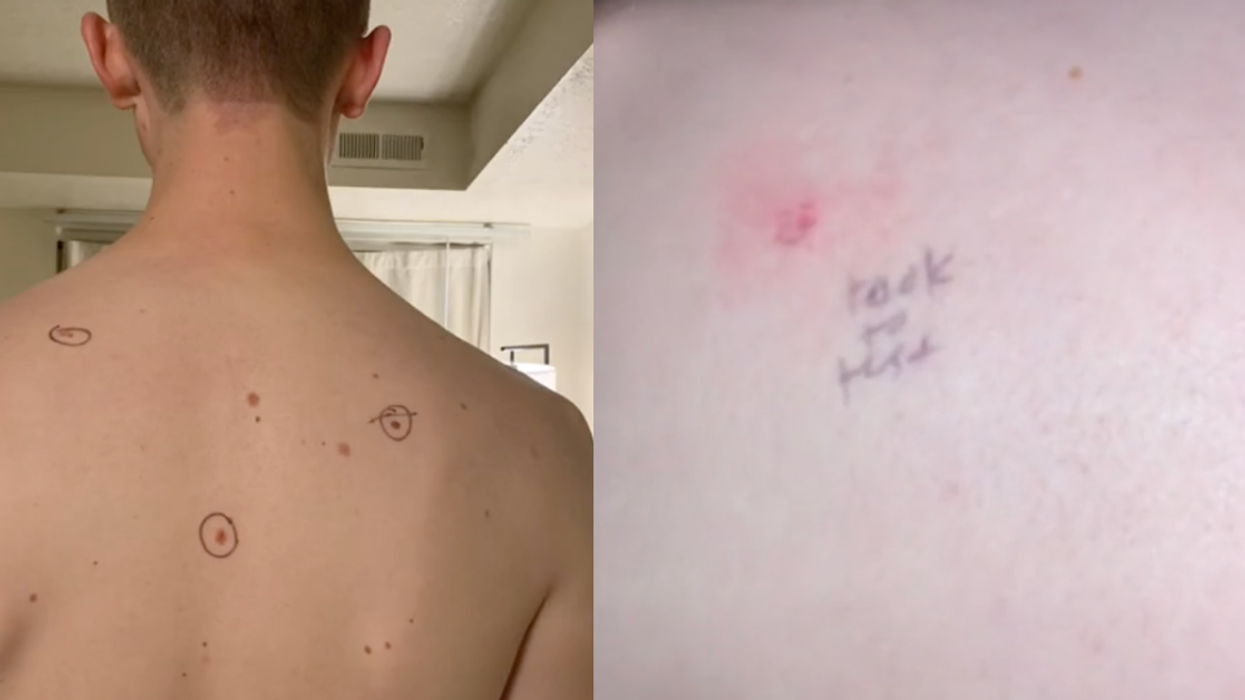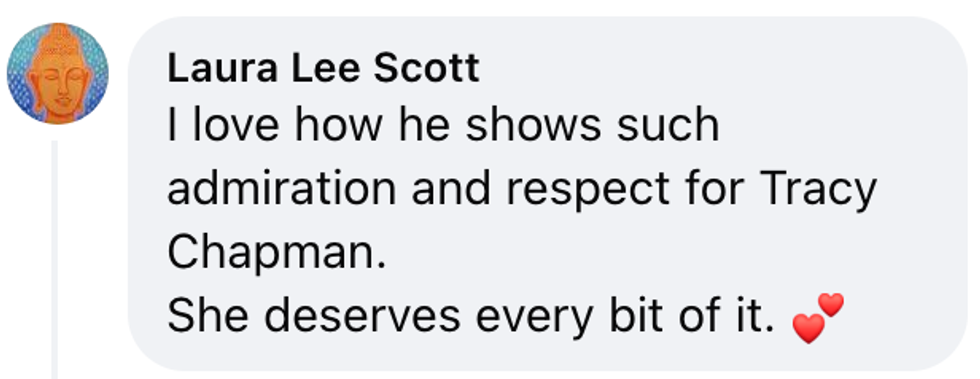If you have an opportunity to accompany the Bajau fisherman during one of their underwater excursions, be prepared to hold your breath for a very long time.
Members of the tribe are known as nomadic sea gypsies from the Philippines, Indonesia, and Malaysia, who are endowed with excellent diving abilities with the capability to stay submerged for minutes at a time.
Instead of training influencing their extraordinary capacity for staying underwater, new research suggests their unusual feat is the result of a genetic mutation endowing the tribe with large spleens.
Melissa Ilardo, an evolutionary geneticist, observed the Bajau community in Sulawesi in Indonesia. "The way they dive is so natural," she said. "There's nothing like seeing them in the water."
That doesn't really compare to any other humans. The closest thing to that is sea otters.
She brought a portable ultrasound machine to southeast Asia to measure the size of the Bajau tribe's spleens and found they were 50% larger than the fist-sized spleens of their land-dwelling counterparts.
Ilardo told CNN she wasn't too familiar with the spleen's function, other than filtering blood and protecting the immune system.
The spleen is a weird one. I hadn't really heard much about the spleen. I know that you can live without a spleen, so it was kind of like, 'What is the spleen even doing?
It turns out the spleen holds a special function for going underwater. When humans hold their breath, the heart slows, blood vessels in the extremities constrict, prioritizing the oxygen-rich blood cells flowing to more vital organs.
Finally, the spleen contracts, which releases oxygenated red blood cells to flow into the blood stream. The larger the spleen, the more oxygenated blood is released.
If natural selection had acted in seals to give them larger spleens, then it might've done the same thing in humans.
Is this sounding familiar?
According to Gizmodo, researchers conducted a test on genetic analysis.
They uncovered over two dozen genetic mutations, or variants, among the Bajau people that were distinct when compared to two other populations, the Saluan and the Han Chinese. One marker, a gene known as PDE10A, was associated with the enlarged spleen. Scientists who work on mice are quite familiar with this gene, as it regulates the thyroid hormone that controls the size of, you guessed it, the spleen.
Some communities of the Bajau live their entire lives on houseboats in a community of up to twelve tribes and are often moored off of lagoons dotting the coastline.
A documentary about the sea gypsies by Francis Cosgrave reveals the Bajau set foot on land only to gather firewood, retrieve fresh water, or to bury a loved one – which involves the ages-long tradition of erecting a makeshift houseboat above the grave in the hopes that their spirit sails towards a better place.
Meanwhile, are us mortals headed in a different direction?













 @sweetpotatochronicles/Instagram
@sweetpotatochronicles/Instagram @kjacobsen3/Instagram
@kjacobsen3/Instagram @svirasvi/Instagram
@svirasvi/Instagram @eda.youngliving/Instagram
@eda.youngliving/Instagram @dempsey1228/Instagram
@dempsey1228/Instagram @chapman61/Instagram
@chapman61/Instagram @amysnelson/Instagram
@amysnelson/Instagram @adamgraycain/Instagram
@adamgraycain/Instagram @jess_e._jess/Instagram
@jess_e._jess/Instagram @atxbirdgirl/Instagram
@atxbirdgirl/Instagram
 @andreagreenwood3/TikTok
@andreagreenwood3/TikTok
 45K views · 1.2K reactions | An honest mistake 😅
Luke Combs Reveals He Got One of the Lyrics Wrong On The Original Recording of His “Fast Car” Cover and Tracy Chapman Teasingly Called Him Out | Tracy Chapman Online
45K views · 1.2K reactions | An honest mistake 😅
Luke Combs Reveals He Got One of the Lyrics Wrong On The Original Recording of His “Fast Car” Cover and Tracy Chapman Teasingly Called Him Out | Tracy Chapman Online
 Tracy Chapman Online/Facebook
Tracy Chapman Online/Facebook
 Tracy Chapman Online/Facebook
Tracy Chapman Online/Facebook
 Tracy Chapman Online/Facebook
Tracy Chapman Online/Facebook
 Tracy Chapman Online/Facebook
Tracy Chapman Online/Facebook
 Tracy Chapman Online/Facebook
Tracy Chapman Online/Facebook
 Tracy Chapman Online/Facebook
Tracy Chapman Online/Facebook
 Tracy Chapman Online/Facebook
Tracy Chapman Online/Facebook

 @matt_choi6/Instagram
@matt_choi6/Instagram
 @matt_choi6/Instagram
@matt_choi6/Instagram
 @matt_choi6/Instagram
@matt_choi6/Instagram
 @matt_choi6/Instagram
@matt_choi6/Instagram
 @matt_choi6/Instagram
@matt_choi6/Instagram
 @matt_choi6/Instagram
@matt_choi6/Instagram
 @matt_choi6/Instagram
@matt_choi6/Instagram
 @matt_choi6/Instagram
@matt_choi6/Instagram
 @matt_choi6/Instagram
@matt_choi6/Instagram
 @matt_choi6/Instagram
@matt_choi6/Instagram
